How To Get Rid Of Frizzy Hair: A Complete Guide
Sometimes, all you need to give are unconditional love and pampering by deep conditioning to combat frizz.
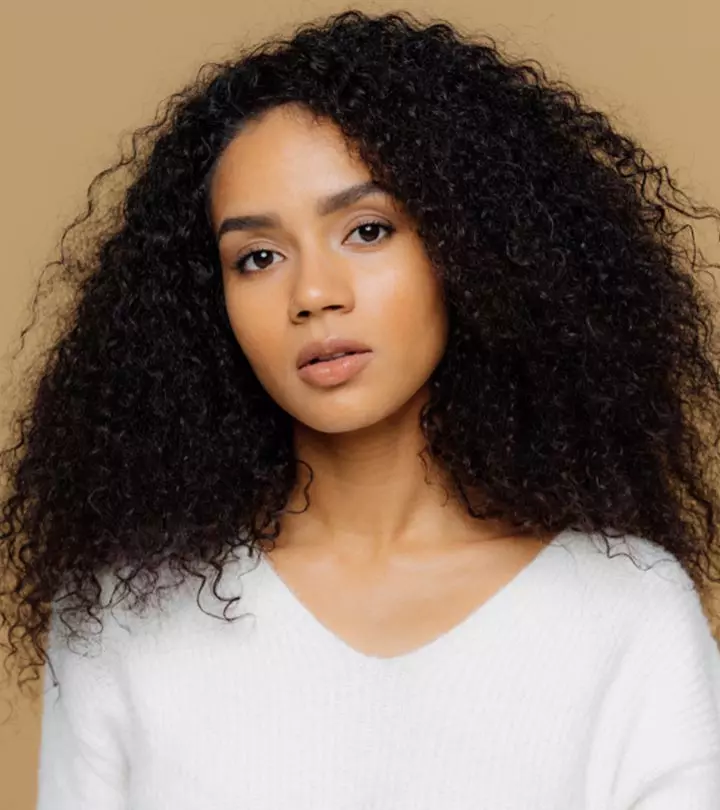
Image: Shutterstock
If your hair is behaving like Monica’s in Barbados (any Friends fans here?), you have got to act now! Frizzy hair is a common problem faced by many due to dry hair and humid weather, and frequent usage of heat styling tools for straightening hair. Thankfully, we can help you with some home remedies to tame frizzy hair effectively. Check out the various aspects of frizzy hair, types of frizz to look out for, causes of frizz, and how to get rid of it. Scroll down!
In This Article
What Is Frizzy Hair?
Your hair turns frizzy when the hair cuticles (dead, overlapping outer part) are raised, allowing moisture to pass through the strands and causing them to swell. Healthy hair has flat cuticles that make it smooth and shiny. Frizzy hair, on the other hand, appears dry, rough, unruly, and unmanageable.
While unmanageable frizz is a universal problem, not all frizz types are the same. Hence, determining your frizz type is crucial for taming them.
Key Takeaways
- Humidity and hair damage are key contributing factors to frizzy hair.
- Curly hair type is more prone to frizz than other hair types.
- Anti-frizz products, healthy hair care practices, and homemade natural hair masks can prevent frizz.
Types Of Frizzy Hair
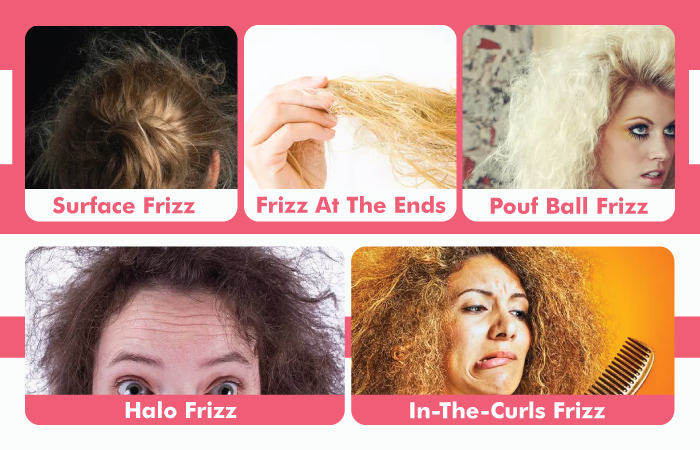
1. Surface Frizz
Surface frizz occurs only on the outer layer of hair and appears like static hair.
2. Halo Frizz
This is common in curly hair. This type of frizz affects the hair on the crown or only the top part, creating a halo-like effect.
3. In-The-Curls Frizz
This type of frizz happens inside the curls throughout the hair length. It makes the hair look unkempt and without any curl definition.
4. Frizz At The Ends
In this type, the hair texture at the ends looks dry and straw-like. The ends lack natural oils and become fragile and prone to breakage and split ends.
5. Pouf Ball Frizz
Pouf ball frizz makes your hair look expanded, like a “pouf ball,” due to frizz underneath the hair.
There are a lot of factors responsible for making your hair frizzy. Let’s take a look.
What Causes Frizzy Hair?
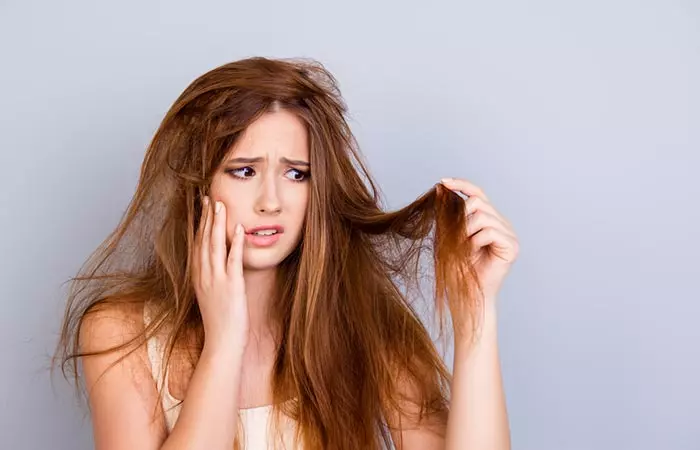
- Weather: Weather conditions like humidity and cold temperatures can make your hair frizzy. During rainy seasons or in humid climates, the air’s moisture causes the cuticles to separate, causing the hair shafts to swell. In colder climates, the air contains less or no moisture and dries out the hair, causing frizz.
- Hair Type: Frizz is more common in certain hair types. Curly and wavy hair tends to get frizzier than straight hair. It is because the follicles in curly and wavy hair are flat, making it prone to frizz.
- Hair Condition: If you have dry, damaged, and over-processed hair, it will be frizzy. Dry and damaged hair lacks natural oils and is porous. Such hair tends to absorb moisture, leading to frizzy hair. Over-processed hair has damaged cuticles, causing moisture loss and frizzy hair.
You cannot change your hair type, but you can tame and get rid of frizzy hair with the right hair products and treatments. Check out the next section for more information.
How To Get Rid Of Frizzy Hair
Hair Care Treatments
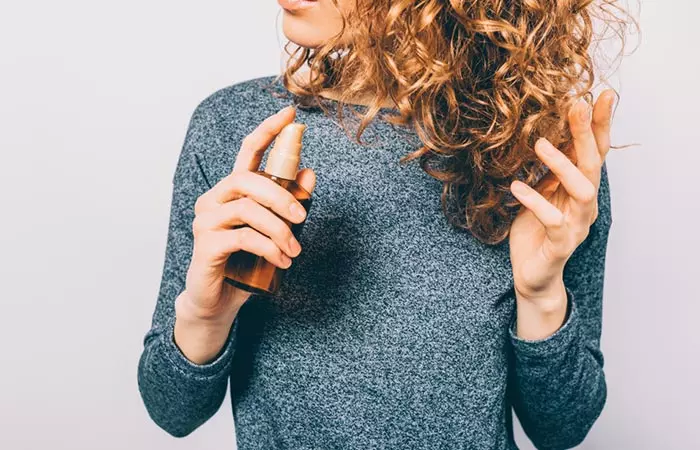
- Keratin Treatment: Keratin is a protein that strengthens hair. A Keratin hair treatment is a chemical process that seals hair cuticles to make them look glossy and frizz-free. It lasts for around six months, depending on your hair type and hair care routine.
Mina, a blogger, shared her experience trying the Brazilian keratin treatment. She writes, “It’s just so much more manageable … the curls are looser but the ones left are better defined as there is less frizz … each time I wash my hair though the curls come out a little different which is also fine … and my hair feels really super soft … it’s much easier to manage and style in the mornings … I can just leave my hair out and not worry about it being a ball of fuzz (i)”.
- Hair Serum: A serum for hair coats the strands and moisturizes them to keep dryness and frizz at bay. Serums contain concentrated ingredients that protect the hair from humidity, impart shine, and make hair styling easier.
- Leave-In Conditioners: These products soften your hair by hydrating and moisturizing it. Leave-in conditioners have a no-rinse formula, and they protect the hair throughout the day.
- Hair Mask: Hair masks are mainly for nourishing and hydrating your hair. They deeply condition the strands and make them smooth and manageable. Hair masks contain nourishing oils and butters like cocoa and shea butter that keep the hair healthy and frizz-free. You can also prepare home-made hair masks with simple ingredients to manage frizz (discussed later in this article).
- Conditioning Shampoo: A conditioning shampoo for curly hair is specifically formulated with hydrolyzed silk and glycerin to smoothen hair and reduce frizz and tangles. It provides deep hydration while gently cleansing the scalp. It also helps define curls and enhances their natural texture. This way, it leaves your hair more vibrant and healthy.
- Anti-Frizz Oils: You can buy anti-frizz oil from the market to manage frizz and improve manageability.
- Anti-Frizz Hairspray: An effective hairspray for frizzy hair helps tame unruly strands and control flyaways to offer a smooth, polished look. It is formulated with anti-humidity properties that create a protective barrier against moisture to prevent frizz. It also provides long-lasting hold and shine and keeps your hair sleek and manageable throughout the day.
- Heat Protectants: Heat styling tools, such as curling irons and hair straighteners, can dry out the hair and make it frizzy. Use a heat protectant styling to prevent hair damage.
- Anti-Frizz Shampoos: Specially formulated anti-shampoos contain hydrating ingredients like glycerin and oils to prevent frizz without dryness.
- Detanglers: Use hair detanglers to seal the cuticles and prevent hair breakage and frizz.
- Dry Shampoo: Use dry shampoos to keep your hair and scalp fresh during washes and minimize frizz.
- Anti-Frizz Hair Sheets: Anti-frizz hair sheets come in handy while you are traveling. Wipe your hair with the sheets and go frizz-free.
- Styling Creams: These creams help tame frizz and define curls or waves, adding control without stiffness. Choose lightweight creams if your hair is fine, and richer ones for thicker hair.
Also, make it a habit to check the ingredients before buying a product. Avoid ingredients like sulfates and alcohol as they dry out the hair and worsen frizz.
Using anti-frizz products is not enough unless you follow healthy hair care practices. These are essential for maintaining healthy hair and prevent frizz.
 Quick Tip
Quick TipHair Care Practices To Prevent Frizzy Hair
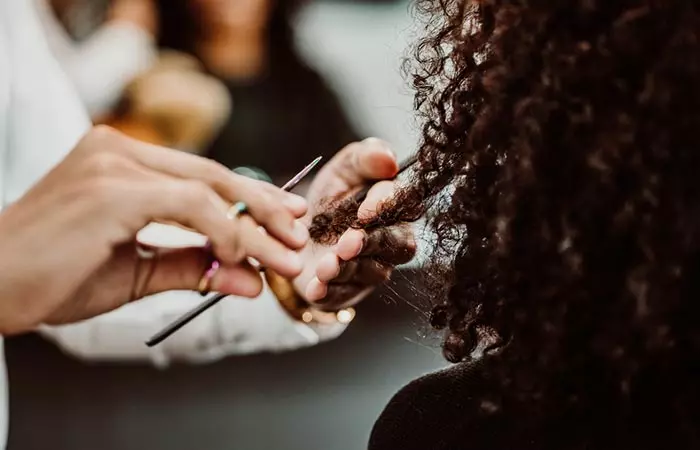
- Get Regular Haircuts: Trim your hair every 2-4 weeks to get rid of dry, damaged, or split ends. Damaged hair ends can worsen the frizz and make the hair look dull and unkempt.
- Do Not Brush Damp Or Wet Hair: Damp hair is vulnerable to breakage. Combing damp hair stretches the strands and may change their texture. Use a detangler, boar bristle brush, a wide-toothed comb, or your fingers to brush your hair after a shower to prevent frizzy hair.
- Dry Your Hair The Right Way: Use a microfiber towel to dry your hair as it is gentle and reduces friction. Rubbing the hair vigorously with a towel will increase frizz and cause hair breakage.
Air dry your hair, and once it is 70-80% dry, use a hair dryer on a low-temperature setting. Invest in a good quality hair dryer as blow drying your hair smoothens the cuticles and eliminates frizz. Keep the hair dryer at least 6 inches away from the hair. Use a pop diffuser when curling your hair and flat iron with teeth for extra straightening power.
- Do Not Overwash Your Hair: Washing your hair often can strip its natural oils. This separates the cuticles leading to dryness and frizz.
- Use Silk Pillowcases: Silk pillowcases reduce the chances of friction and help manage frizz and hair breakage. You may also tie a silk scarf around your hair to protect it.
- Pro Tip: Use a wet toothbrush or mascara wand if you are in a rush and need to tame frizz.
You can also try some other home remedies for frizzy hair like an avocado or beer mask. These help to replenish your hair and minimize damage. Keep reading to check out some popular home remedies to manage frizzy locks.
Home Remedies For Managing Frizzy Hair
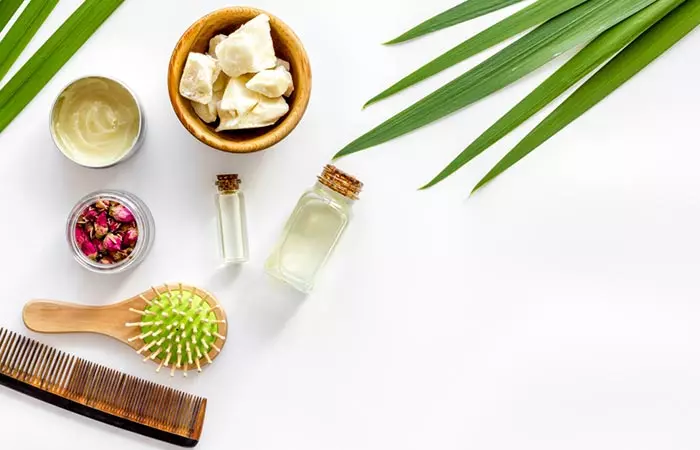
1. Avocado And Yogurt Hair Mask
This is a popular home remedy. Avocado and yogurt mask is said to soften the hair, keep it smooth, and prevent frizz.
You Will Need
- 1 ripe, medium-sized avocado
- 2-3 tablespoons of yogurt
- 2-4 tablespoons of coconut oil
Process
- Mash the avocado and mix it with yogurt and coconut oil.
- Apply the mask to your scalp and hair thoroughly.
- Leave it on for 20 minutes. You can cover it with a shower cap to prevent mess.
- Rinse with warm or cold water and shampoo your hair.
- Use the mask once or twice a week.
2. Almond Oil And Egg
Oils have emollient properties and work well for the skin (1). However, almond oil is commonly used for moisturizing and smoothing the hair. As per anecdotal evidence, this mask softens the hair and keeps it frizz-free.
You will need
- 2 eggs
- 2-4 tablespoons of almond oil
Process
- Whip up two eggs until they are frothy. Add the almond oil to this mixture.
- Apply the mixture thoroughly to your hair and scalp.
- Cover your hair with a plastic cap.
- Leave the mask on for 15 minutes.
- Shampoo thoroughly.
- Use the mask once a week.
3. Warm Coconut Oil Massage
Coconut oil helps reduce protein loss in damaged hair (2). It is a common household remedy for managing frizzy, dry, and damaged hair.
You Will Need
- 2-4 tablespoons of virgin coconut oil (adjust the quantity as per the hair length)
Process
- Warm the organic coconut oil in a bowl.
- Apply it to the hair and scalp and gently massage it in.
- Leave it on for at least 30 minutes.
- Wash your hair with shampoo to remove the coconut oil.
- Use this treatment once a week.
4. Argan Oil Massage
Argan oil prevents hair loss and treats dry hair (3). Massaging the hair with argan oil keeps it smooth, soft, and frizz-free. Many people also swear by using argan oil for hair growth.
You Will Need
- 1-2 tablespoons of Moroccan argan oil
Process
- Apply the Moroccan argan oil to your hair. Make sure your hair and scalp are evenly coated. Massage.
- Use a comb or brush to help disperse it from the roots to the tips.
- You may wash it off after 30 minutes or leave it on overnight.
5. Apple Cider Vinegar Post-Wash Rinse
As per anecdotal evidence, apple cider vinegar rinse keeps the hair soft, smooth, and imparts shine. However, it may cause burning and irritation in the scalp. Hence, use small, diluted portions and do a patch test.
You Will Need
- 1/3 cup of organic apple cider vinegar
- 1 liter of warm water
Process
- Dilute the organic apple cider vinegar in warm water.
- After shampooing, rinse your hair with this mixture.
- Leave the mixture on your hair for 4 minutes.
- Rinse with cool water.
- Air dry your hair.
- Use this treatment once or twice weekly.
 Quick Tip
Quick TipTaking care of frizzy hair also involves using the right tools to comb or brush. Using the wrong tool and technique can irritate the scalp and hair and cause hair breakage. Here’s how you can brush and comb frizzy hair
How To Brush And Comb Frizzy Hair
- You will need a wide-toothed comb or a boar-bristle brush.
- Apply a leave-in conditioner or hair serum before combing or brushing.
- Gently detangle your hair using the comb or brush. You may use both as a boar-bristle brush is great for adding shine.
- Start with detangling the ends and work your way up.
Infographic: 5 Ways To Manage Frizzy Hair
Humidity and cold temperature and frequent use of heat styling tools can make your hair frizzy. The good news is there are certain products and home remedies that can reduce frizz and make your hair smooth and glossy. Check out this infographic for simple yet effective ways to tame your frizzy mane now!

Illustration: StyleCraze Design Team
Frizzy hair appears as rough, dry, unmanageable, and unruly strands. There are different types of frizz that can affect your hair, like surface frizz, halo frizz, in-the-curls frizz, frizzy ends, and pouf ball frizz. There are many factors that cause this hair condition, such as the weather, hair type, and hair condition. Thankfully, there are ways you can curb frizz. Hair care treatments like keratin treatments or hair serums can help reduce this condition. Getting regular hair cuts or trims, drying your hair the right way, and not combing wet hair go a long way in keeping your hair healthy.
Frequently Asked Questions
Is coconut oil good for frizzy hair?
Yes. Coconut oil can improve frizzy hair. It nourishes the hair from within and seals the cuticles on the outside to smoothen and moisturize the strands.
Which oil is best for frizzy hair?
Argan oil is considered to be the best for frizzy hair. It coats and moisturizes hair and protects it from UV exposure and damage.
How do I get rid of frizz in 5 minutes?
You can oil your hair to reduce its frizzy appearance or use specially formulated serums to curb frizz. A nourishing and hydrating hair mask can also reduce frizz.
Can too much conditioner cause frizz?
No. Too much conditioner does not make your hair frizz. However, it can make your hair limp.
Illustration: How To Get Rid Of Frizzy Hair: A Complete Guide
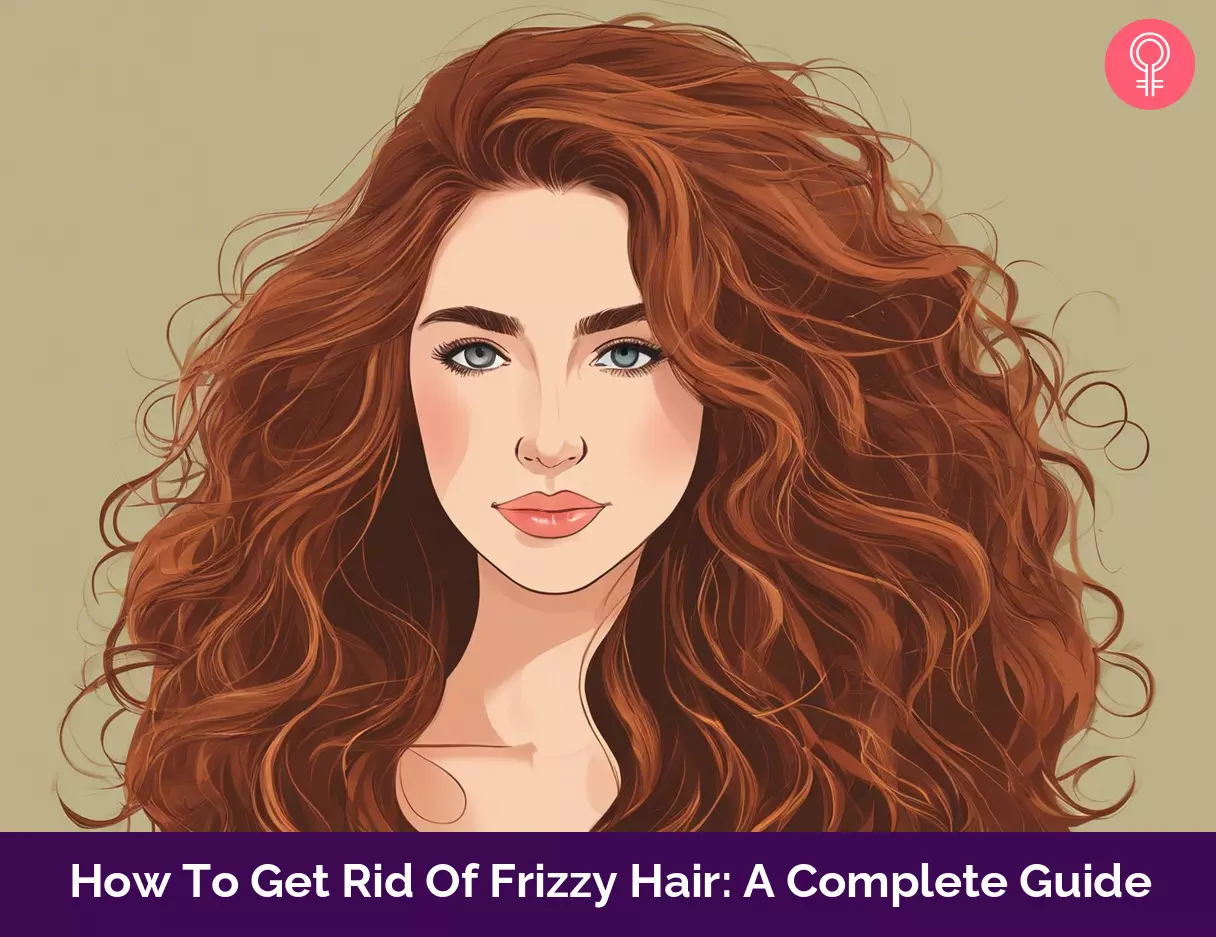
Image: Stable Diffusion/StyleCraze Design Team
Say goodbye to dry and frizzy hair! Learn how to get smooth, shiny locks with this helpful video.
Personal Experience: Source
StyleCraze's articles are interwoven with authentic personal narratives that provide depth and resonance to our content. Below are the sources of the personal accounts referenced in this article.
i. Brazilian Keratin Treatment … My Experiences …https://perryandmina.wordpress.com/2014/09/05/brazilian-keratin-treatment-my-experiences/
References
Articles on StyleCraze are backed by verified information from peer-reviewed and academic research papers, reputed organizations, research institutions, and medical associations to ensure accuracy and relevance. Read our editorial policy to learn more.
- Anti-Inflammatory and Skin Barrier Repair Effects of Topical Application of Some Plant Oils
https://www.ncbi.nlm.nih.gov/pmc/articles/PMC5796020/ - Effect of mineral oil, sunflower oil, and coconut oil on prevention of hair damage
https://pubmed.ncbi.nlm.nih.gov/12715094/ - Activation of MITF by Argan Oil Leads to the Inhibition of the Tyrosinase and Dopachrome Tautomerase Expressions in B16 Murine Melanoma Cells
https://www.ncbi.nlm.nih.gov/pmc/articles/PMC3723062/
Read full bio of Dr. Shruti Chavan
Read full bio of Annie Jangam
Read full bio of Eshna Das
Read full bio of Monomita Chakraborty






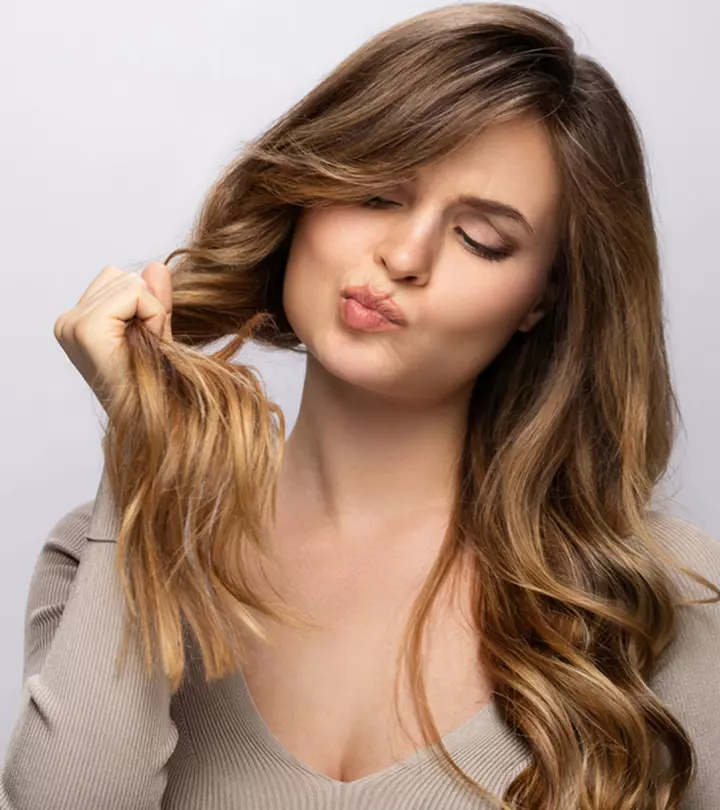
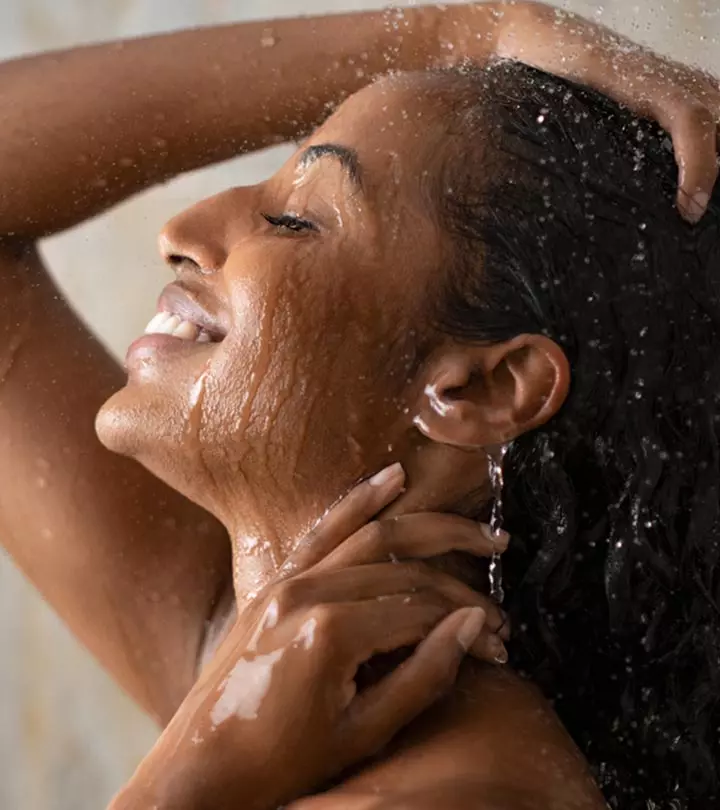
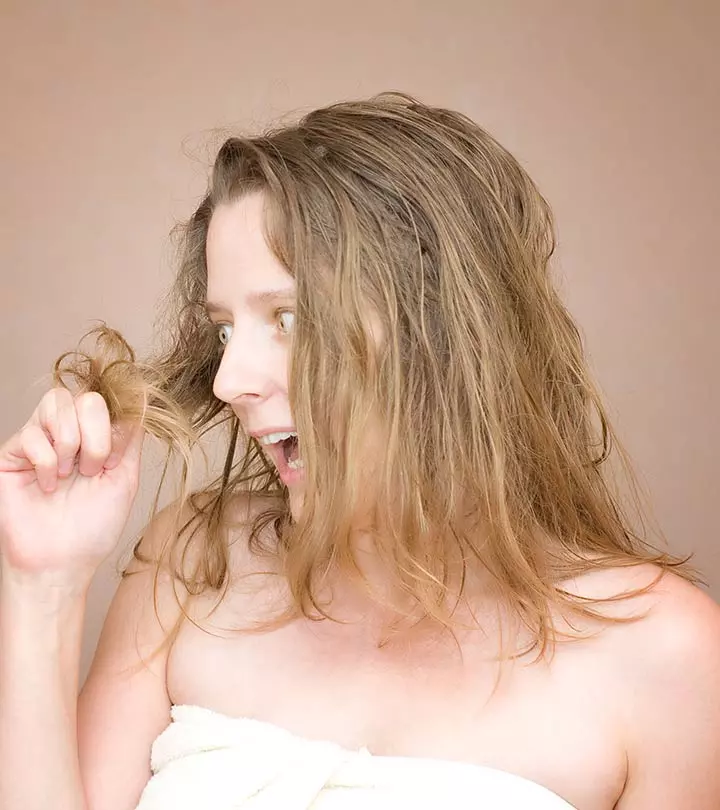
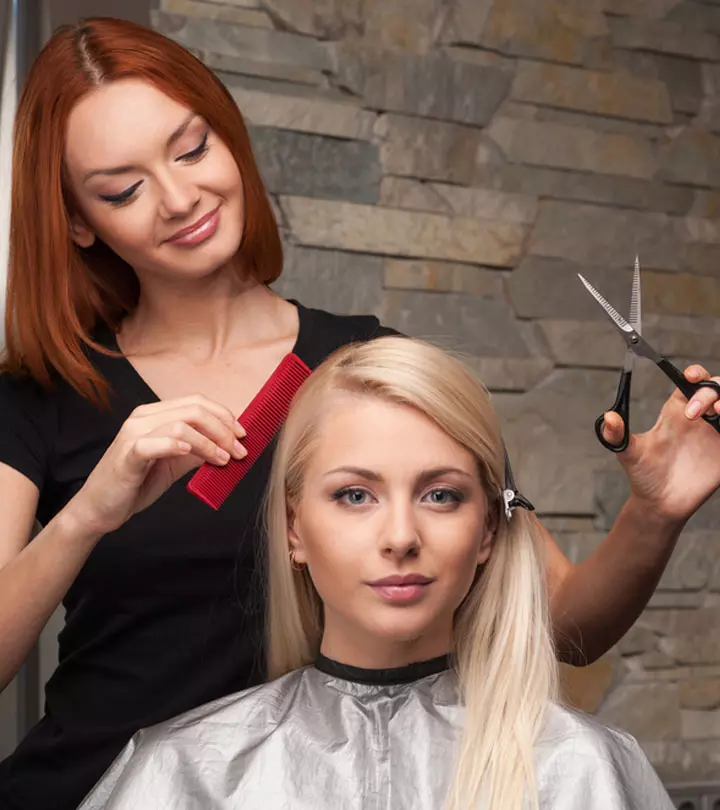
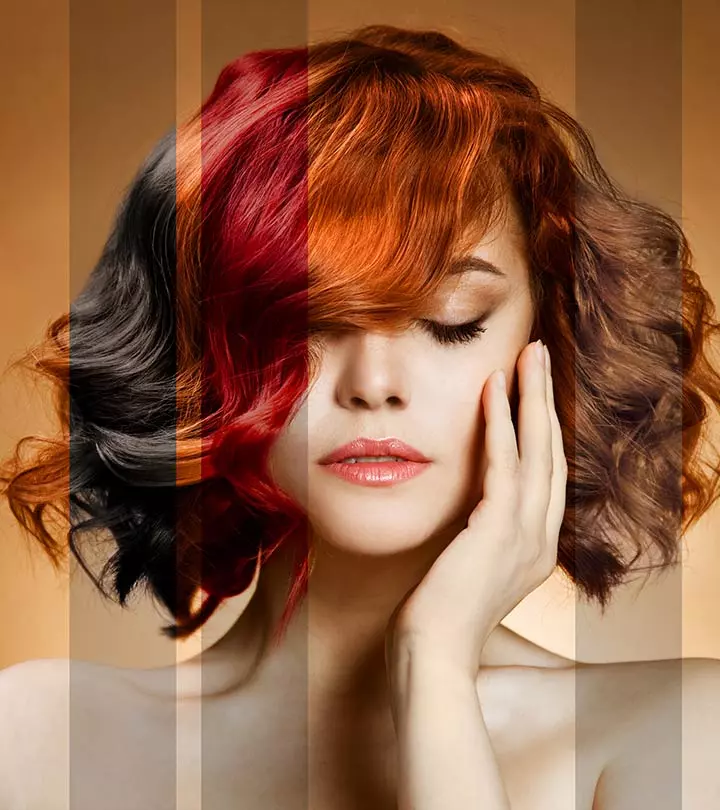
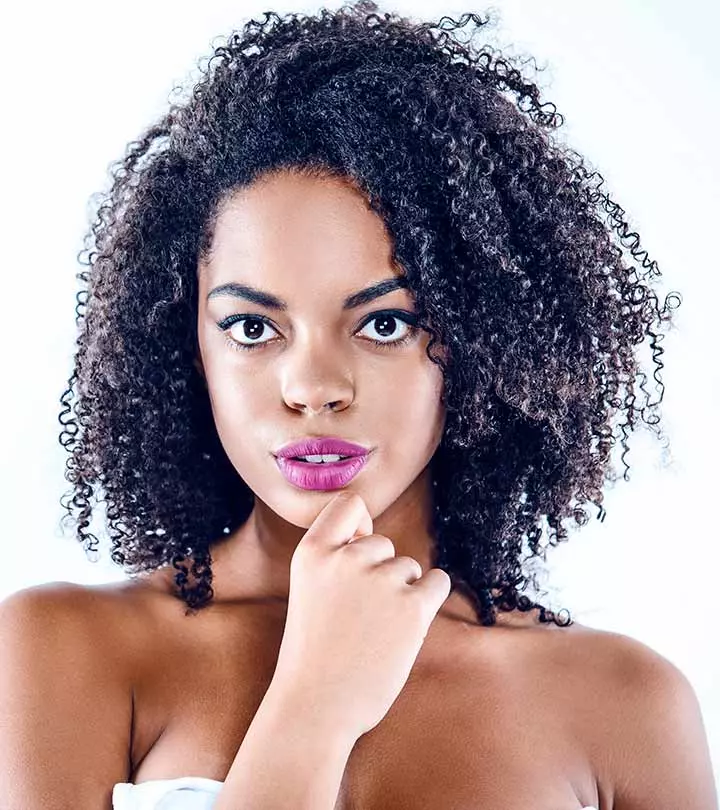
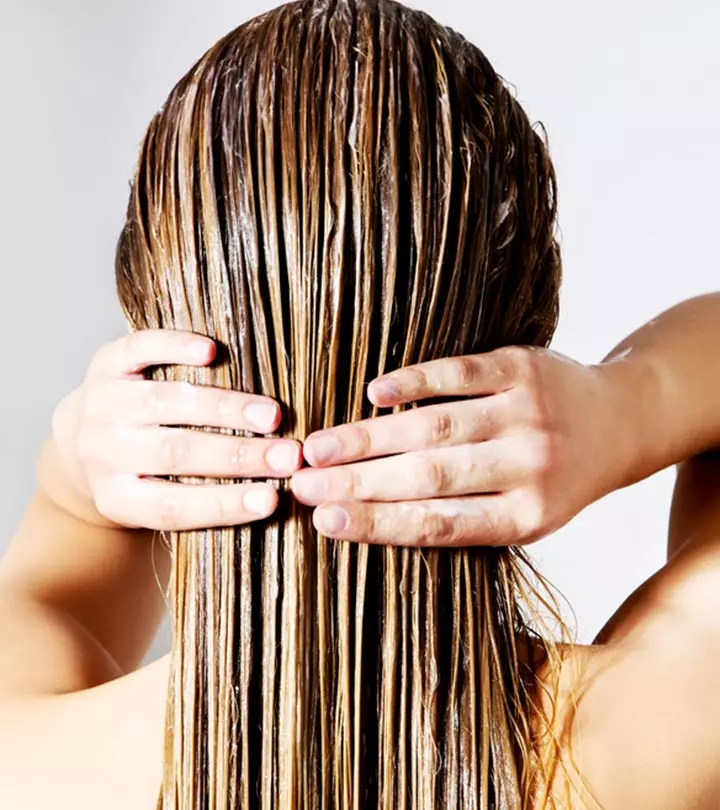
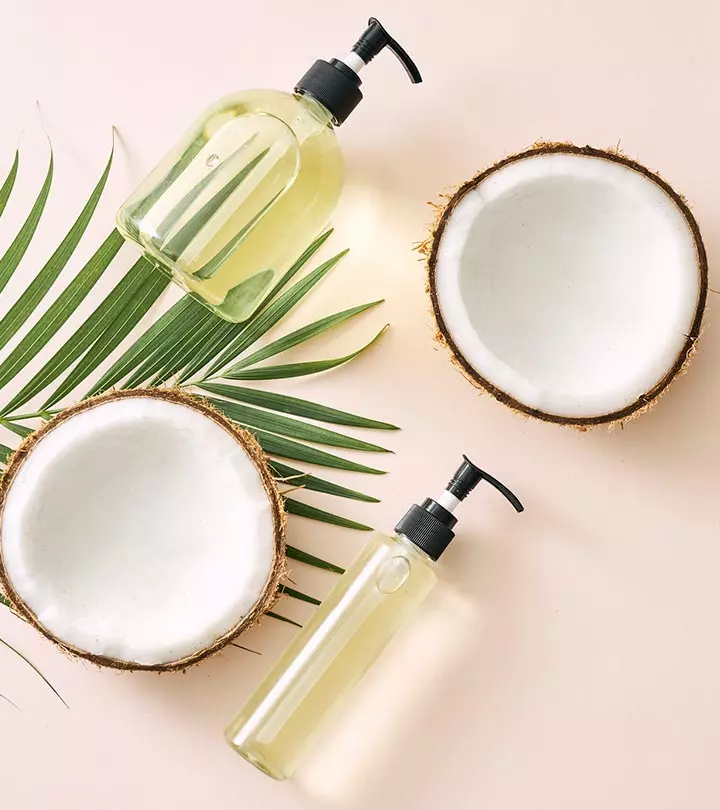
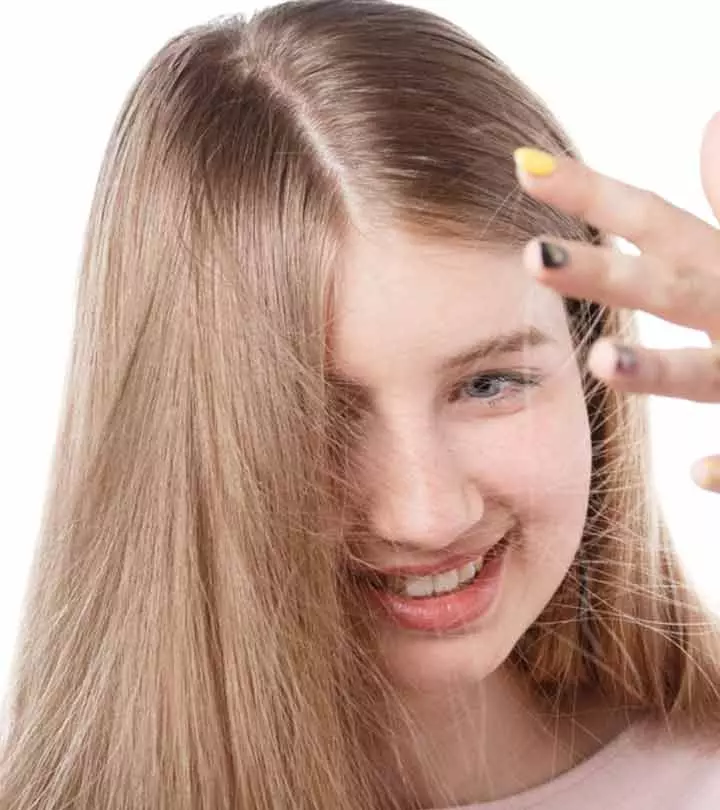

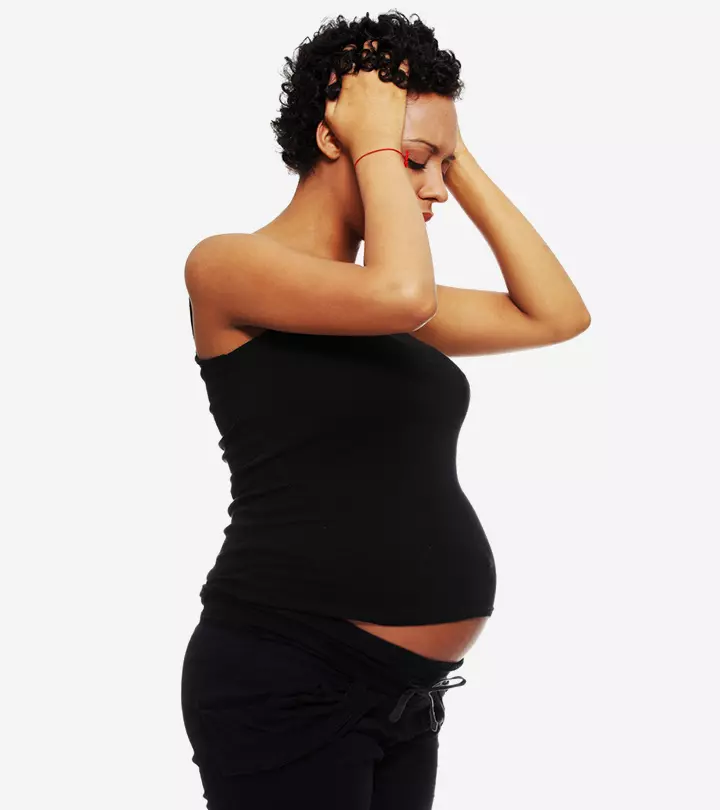
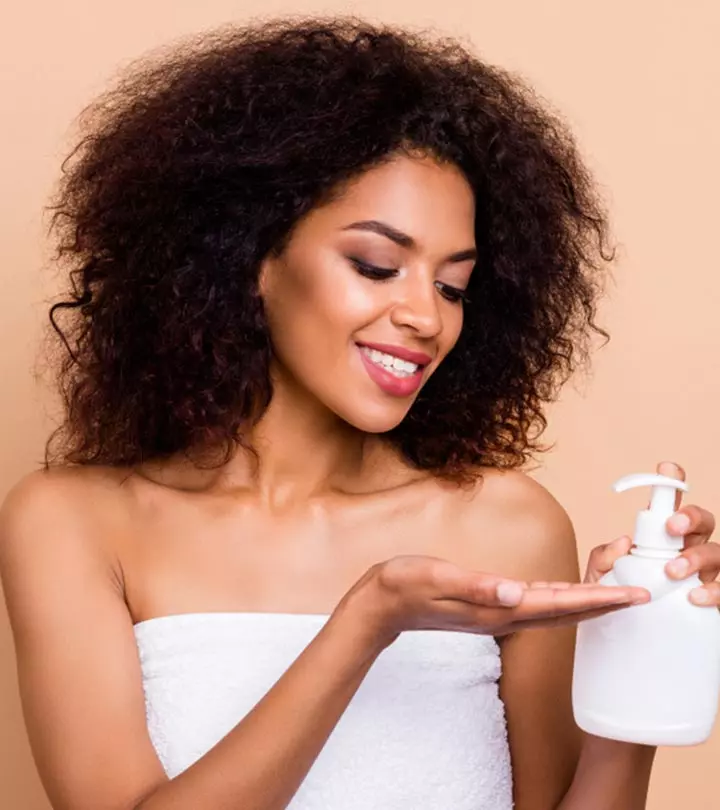
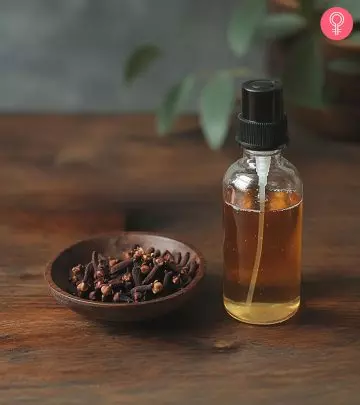
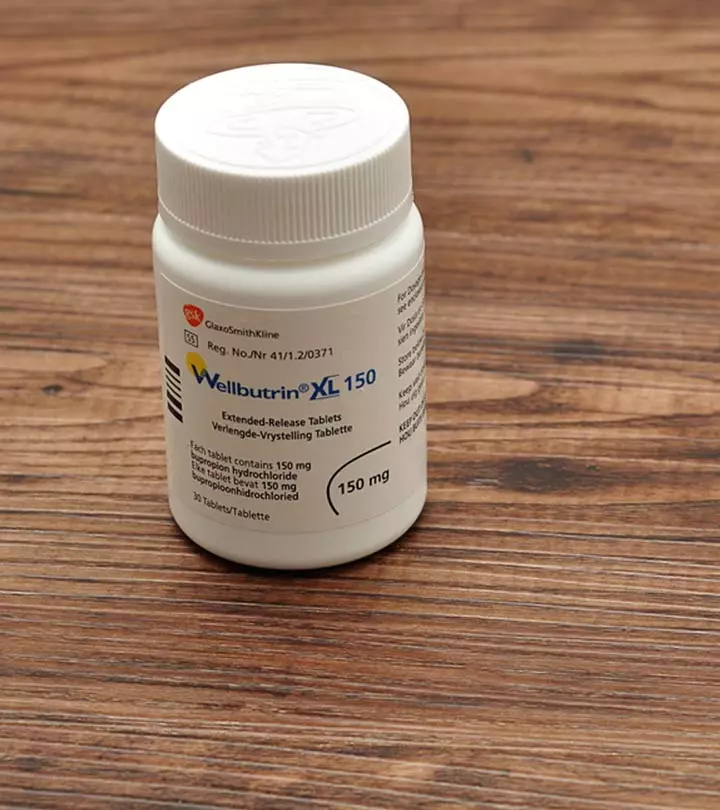

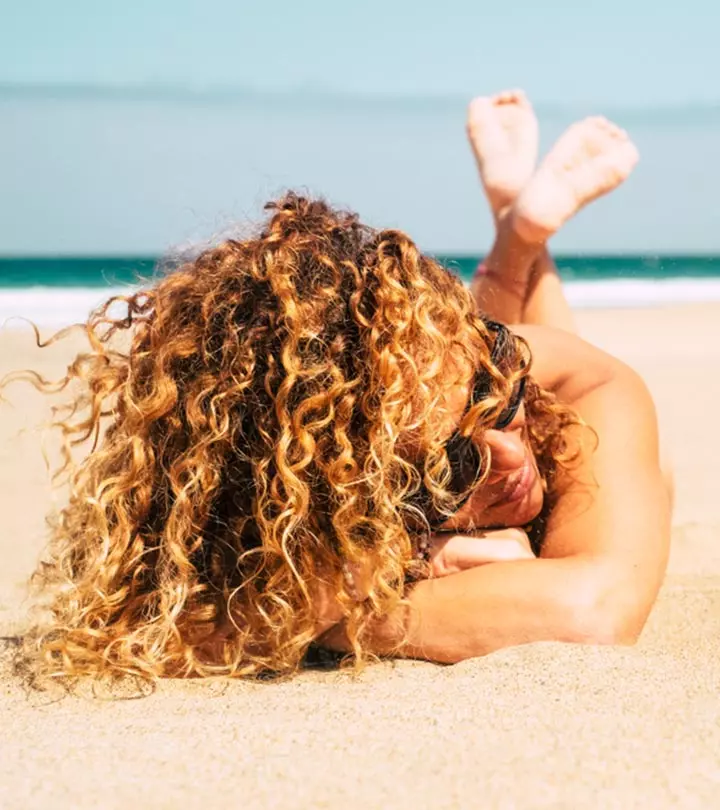
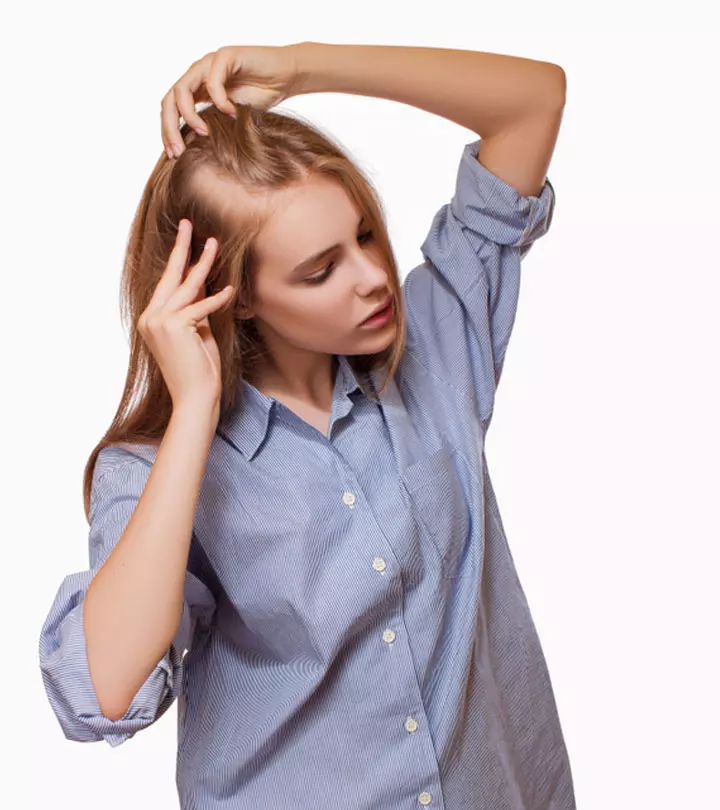
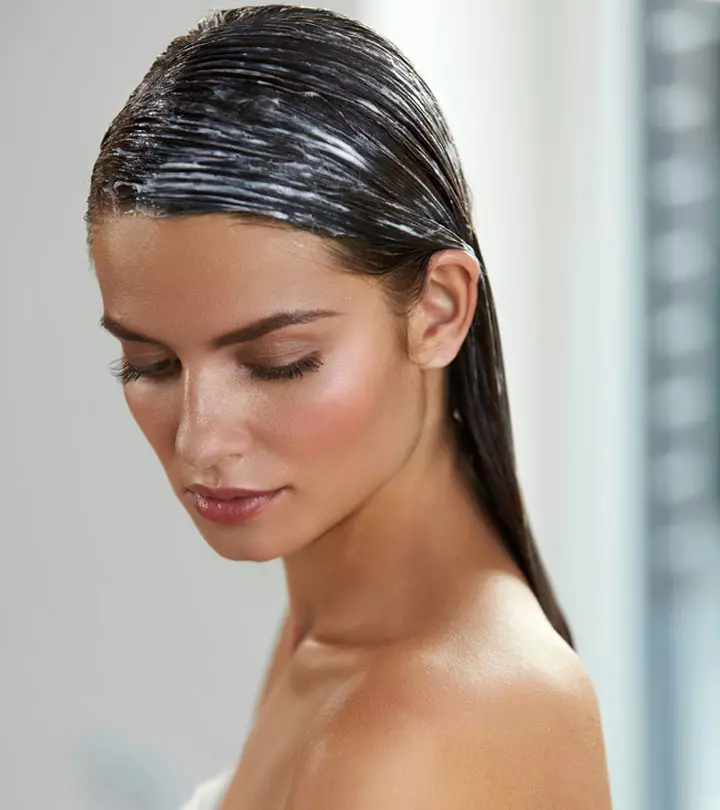
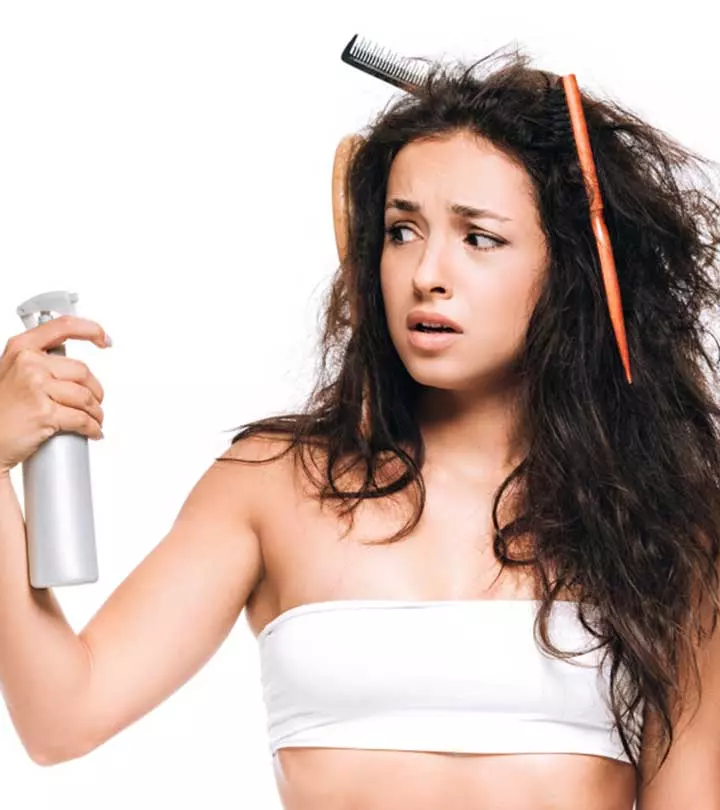
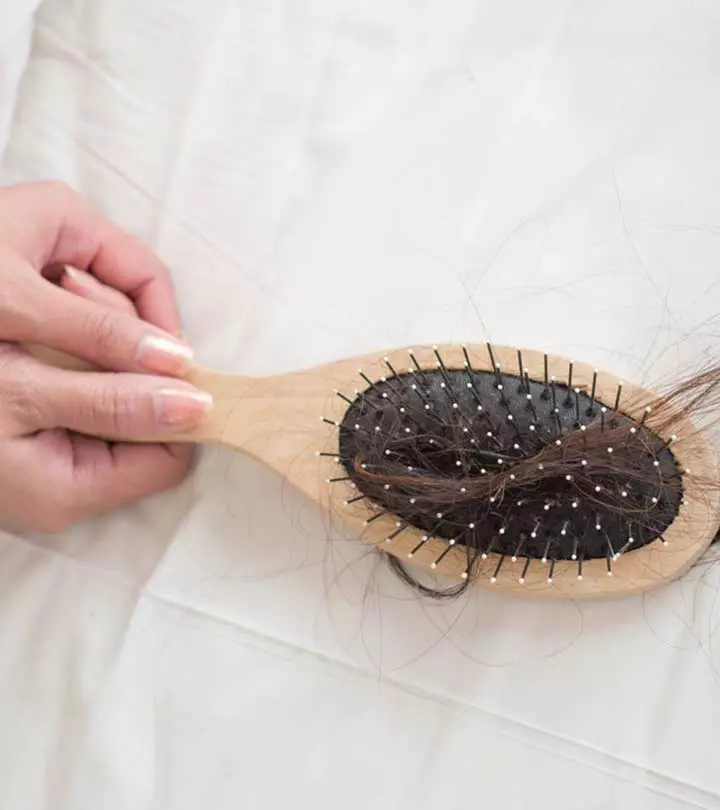
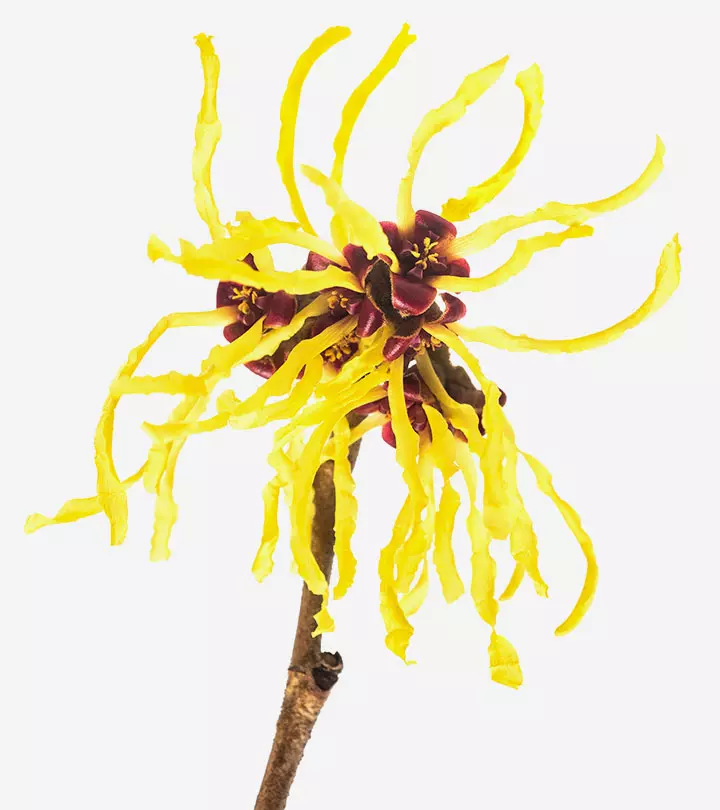
Community Experiences
Join the conversation and become a part of our empowering community! Share your stories, experiences, and insights to connect with other beauty, lifestyle, and health enthusiasts.